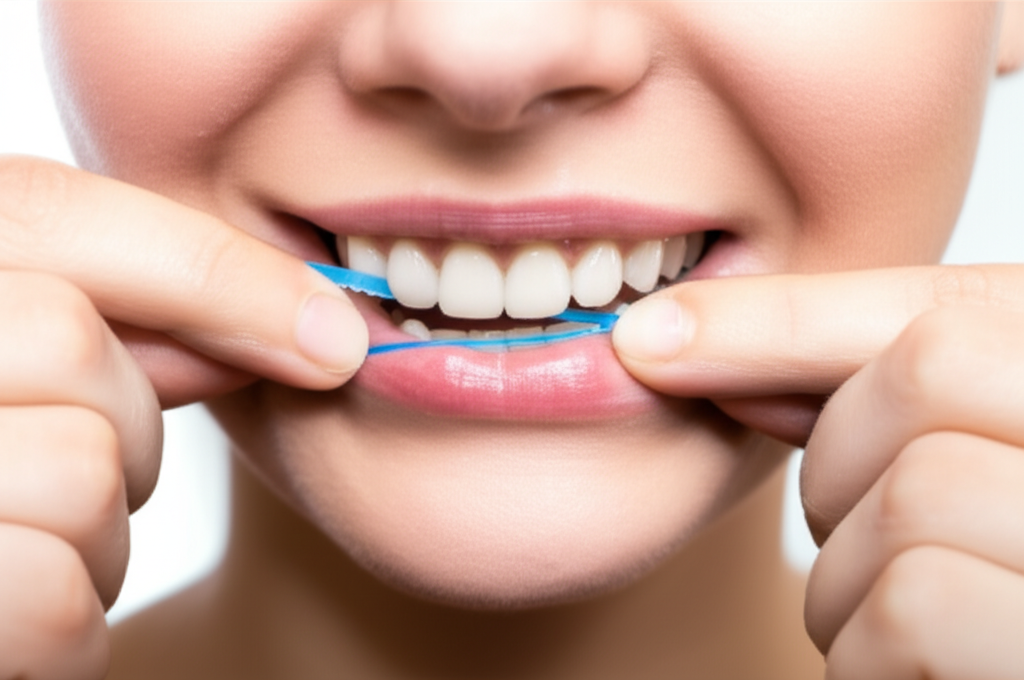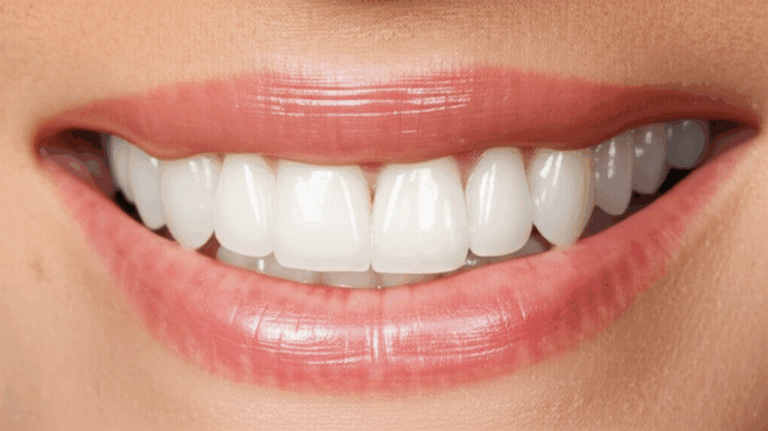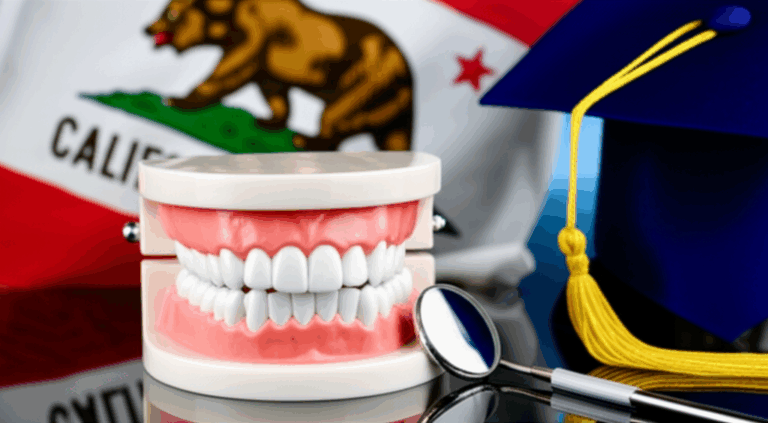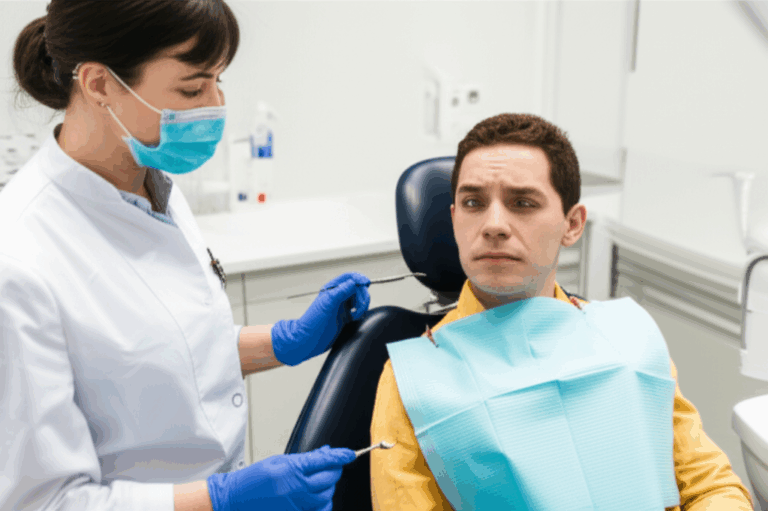
How to Make Your Teeth Better Before the Dentist: My Tried-and-True Strategies
Table of Contents
- A. Intensify Your Brushing Routine
- B. Non-Negotiable Flossing
- C. Rinse for Freshness and Germ Reduction
- D. Tongue Cleaning for Fresh Breath
- E. Temporarily Avoid Staining & Acidic Foods/Drinks
- A. Diet for Dental Health
- B. Targeting Specific Concerns with Home Care
- C. Supportive Natural Aids (with Important Disclaimers)
Introduction: Facing the Dentist with Confidence
Walking into a dental office used to make me really nervous. I’d worry about what they would see—stuff stuck to my teeth, bleeding gums, maybe even a cavity or two. If you’re reading this, you might feel the same. Over time, I found some simple things that help give my teeth and gums a quick boost before going to the dentist. I’ll show you what’s worked for me: things you can do at home, easy tools you can try, and what you can—and can’t—do to fix problems right before that dental visit.
Here’s the biggest thing I’ve learned: taking care of your teeth at home helps a lot, but there’s no trick to fix everything at the last minute. The point is to do your best, feel good about it, and then let the dentist do their job. So let’s get into what you can do, both last-minute and a couple weeks before your visit, to show up with a healthier mouth.
Immediate Actions: The Days Before Your Appointment
These are the things I start doing when my dental visit is just a few days away. They’re simple and don’t take long, but they really make a difference. Here’s what I do.
A. Intensify Your Brushing Routine
If I know my dentist appointment is coming up soon, I get serious about brushing really well. I brush for two minutes, two times a day, with a soft toothbrush. I make sure the bristles are pointed a little towards my gums, and I use gentle circles—not hard, rough, back-and-forth scrubbing. That harsh brushing just wears your teeth down.
Switching to an electric toothbrush helped me a lot. Some studies say they clean better than regular toothbrushes, and I’ve noticed less stuff stuck to my teeth between dentist visits.
B. Non-Negotiable Flossing
I used to skip flossing a lot. Thought brushing was enough. It’s not! Now, before a check-up, I make sure I never skip flossing. I gently move the floss back and forth and get under the gum line between every tooth. The first time I flossed every day before a cleaning, my dental hygienist noticed right away.
If floss feels tough to use, a water flosser is a good choice. It shoots water between your teeth to clean out stuff that brushing misses. It’s great if your gums are tight or sore.
C. Rinse for Freshness and Germ Reduction
I always have mouthwash on my bathroom sink, but I use it even more before a dental appointment. After I brush and floss, I rinse for 30 seconds with a mouthwash that kills germs or has fluoride. It helps with bad breath, too. I also like to use warm salt water if my gums feel sore—it calms things down, and my dentist once told me to try it after a tough cleaning.
D. Tongue Cleaning for Fresh Breath
Bad breath always made me a little nervous before a dentist visit. Then I started using a tongue scraper every morning. If you don’t have one, just brush your tongue gently with your toothbrush. It gets rid of bacteria that cause bad breath. It’s such a small step, but it really helps.
E. Temporarily Avoid Staining & Acidic Foods/Drinks
This is hard for me, since I love coffee and tea. But I cut down for a few days before my appointment. Drinks like those, along with red wine and tomato sauce, can stain your teeth. I also avoid soda and citrusy drinks—they can wear down your enamel and make your teeth sensitive. Water is my top choice for those last few days.
Medium-Term Strategies: Laying the Groundwork Weeks In Advance
Doing things at the last minute helps, but I see big changes when I start getting ready a week or two before the dentist. Here’s what I try to do.
A. Diet for Dental Health
A couple weeks before my visit, I swap out snacks for ones that are better for my teeth. I crunch on apples or carrots—they sort of help scrub my teeth. I also try hard to say no to candies and sticky foods, since those make it easier for cavities to form.
Drinking water is key, too. I keep a water bottle with me because water helps wash away food and keeps my mouth from drying out, which helps fight cavities.
B. Targeting Specific Concerns with Home Care
Not all tooth and gum problems are the same. Here’s how I deal with the big ones:
Plaque & Tartar
You can’t remove the hard, stuck-on tartar at home—only the dentist can. But you can brush and floss more to stop soft plaque from turning into tartar. Whenever I do this for two or three weeks before my visit, it seems like the cleaning goes faster.
Gum Health
Before a check-up I was overdue for, I started massaging my gums gently with a clean finger. It helped with the bleeding when I flossed. Flossing every day and using a water flosser really made my gums healthier and less puffy.
Bad Breath
Drinking enough water, brushing and flossing every day, and cleaning my tongue are what keep my breath fresh. Sometimes I chew sugar-free gum with xylitol, which has been shown to help stop the bad germs in your mouth.
Surface Stains
If my teeth start to look yellow, I use a whitening toothpaste for a week or so. These pastes can help polish away little stains, but they won’t make your teeth super white overnight. Don’t use anything rough or super strong that says your teeth will “shine in a week”—they can hurt more than help.
Sensitivity
If ice cream or cold air starts to make my teeth zing, I stop using whitening toothpaste and switch to one for sensitive teeth. After a couple of weeks, the pain gets better and my dental cleaning doesn’t hurt as much.
C. Supportive Natural Aids (with Important Disclaimers)
I’ve tried a few simple, more “natural” methods too.
Xylitol
Chewing gum with xylitol after meals really helped lower my risk for new cavities, according to my dentist. There’s real proof behind it, but you don’t need to chew a ton—just a few pieces a day is enough.
Oil Pulling (Coconut Oil)
Some of my friends use coconut oil, swishing it in their mouth for 10–15 minutes to help their gums. I tried it, and my mouth did feel cleaner after. Still, don’t use it to replace brushing and flossing—it’s just a little extra help.
Important: None of these tricks will fix real problems like cavities, and you still need to see the dentist for real treatment.
What NOT to Do: The Pitfalls to Avoid
Now for some things I learned the hard way—not to do right before a dentist visit.
- Brushing or Flossing Too Hard: When I got worried, I used to scrub my gums and teeth really hard or snap the floss. It just made my gums sore and bleed more, making things look even worse. Always be gentle.
- Trying to Fix Cavities Yourself: I looked up ways to fix a cavity at home once. They don’t work and can actually make things worse or cause an infection.
- Using Strong Scrubs or Acids: Don’t try to whiten teeth by rubbing them with things like lemon juice or baking soda. That can wear the enamel away and make teeth hurt.
- Relying Only on Home Remedies: Things like oil pulling or salt water rinses are just add-ons. You still need regular check-ups and cleanings.
- Staying Away from the Dentist Because You’re Embarrassed: This is a big one. I skipped appointments for years because I was ashamed. But dentists really have seen it all, and their job is to help—not judge. Being open with them always made things easier for me.
Managing Dental Anxiety & Preparing for the Visit
If seeing the dentist makes you anxious, you’re not alone. I had dental anxiety for ages, but here’s what helped me:
- Talk About Your Worries: I tell the dental staff if I’m feeling nervous or if I’ve had a bad time before. They usually go out of their way to help and explain what they’re doing to make me feel more comfortable.
- Relaxation Tips: Slow breathing, counting, or just putting on some calm music works. Sometimes I even do a quick meditation in my car before going in.
- Something to Distract You: I bring headphones and listen to music or a book while I’m in the chair. Focusing on something else really helps.
- Write Down Questions: Before I go in, I make a list of things I want to ask. Having questions ready makes me feel like I have some control.
- Know What Will Happen: Just knowing what the dentist will do—cleaning, x-rays, a quick look—takes out a lot of the worry. Ask the front desk or look it up if you’re not sure.
If fear has kept you from the dentist for years, you’re definitely not the only one. From my experience, most dental workers honestly just want to help you feel better and get healthier, no matter how long it’s been since your last visit.
Conclusion: Your Journey to Better Oral Health Starts Now
If you’re still reading, that means you care about your teeth and want to do better—and that’s something to be happy about. Every little thing you do at home matters. Brushing well, flossing, drinking water, and even cleaning your tongue all add up over time. None of these replace dentist visits, but they make things easier for you and for them.
When I keep up with these habits, my check-ups are quicker and less painful, and I don’t feel embarrassed anymore. Start now. Try one or two new habits, and keep going to your appointments. Your future self and your smile will thank you.
If you’re wondering about things like crowns or dental lab work—like emax dental lab for good-looking crowns, or a digital dental lab for new tech—know that today’s dentists have lots of options for you.
Ready to get started? Pick a simple habit to try and stick to it, and don’t miss your check-ups!
P.S. If you want to know how things like crowns or fillings are made, check out your local dental ceramics lab. The more you learn, the more you’ll feel ready for every dentist visit.








